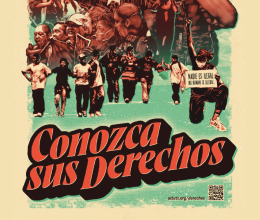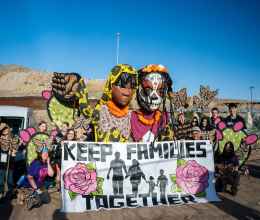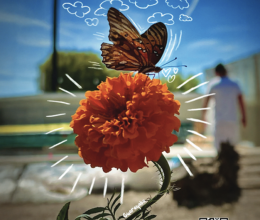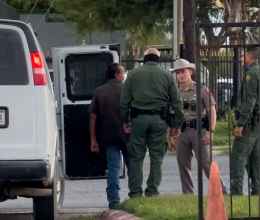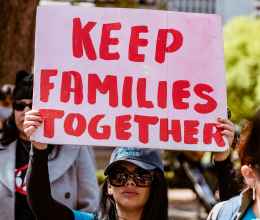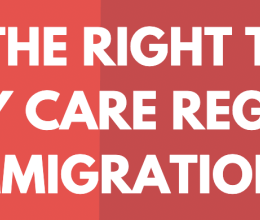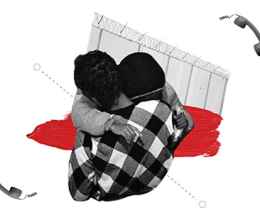
When someone asks me where I’m from, I tell them I’m Rio Grande Valley born and raised. I was born in Harlingen, Texas and lived in nearby Elsa nearly all my life. Until I left for college at 21 years old, I had never realized how much I took the valley for granted; how much I love the food and weather, the livestock show, and South Padre Island.
I have also come to realize how much I love the security and complexity of the valley. I grew up at the intersection of two very different countries, where a unique and collaborative culture has flourished over generations. I never knew it was one of the safest regions in the country, it was just something I felt both spiritually and emotionally.
When I moved across the country for college, I experienced culture shock. Meeting people from different backgrounds than the predominantly Hispanic/Latino border region I was used to pushed me out of my comfort zone. I learned and experienced new things I had never encountered growing up such as racism, microaggressions, and implicit biases.
In hindsight, the valley was a shield that protected me. But ignorance is not so blissful, as they say. Being slapped in the face with the realities of present-day racism and prejudice in the United States has forced me to re-evaluate my own ideas about society. I struggled with the concept that I might be using the homogeneity of the valley as a form of protection to remain in my blissfully unaware bubble.
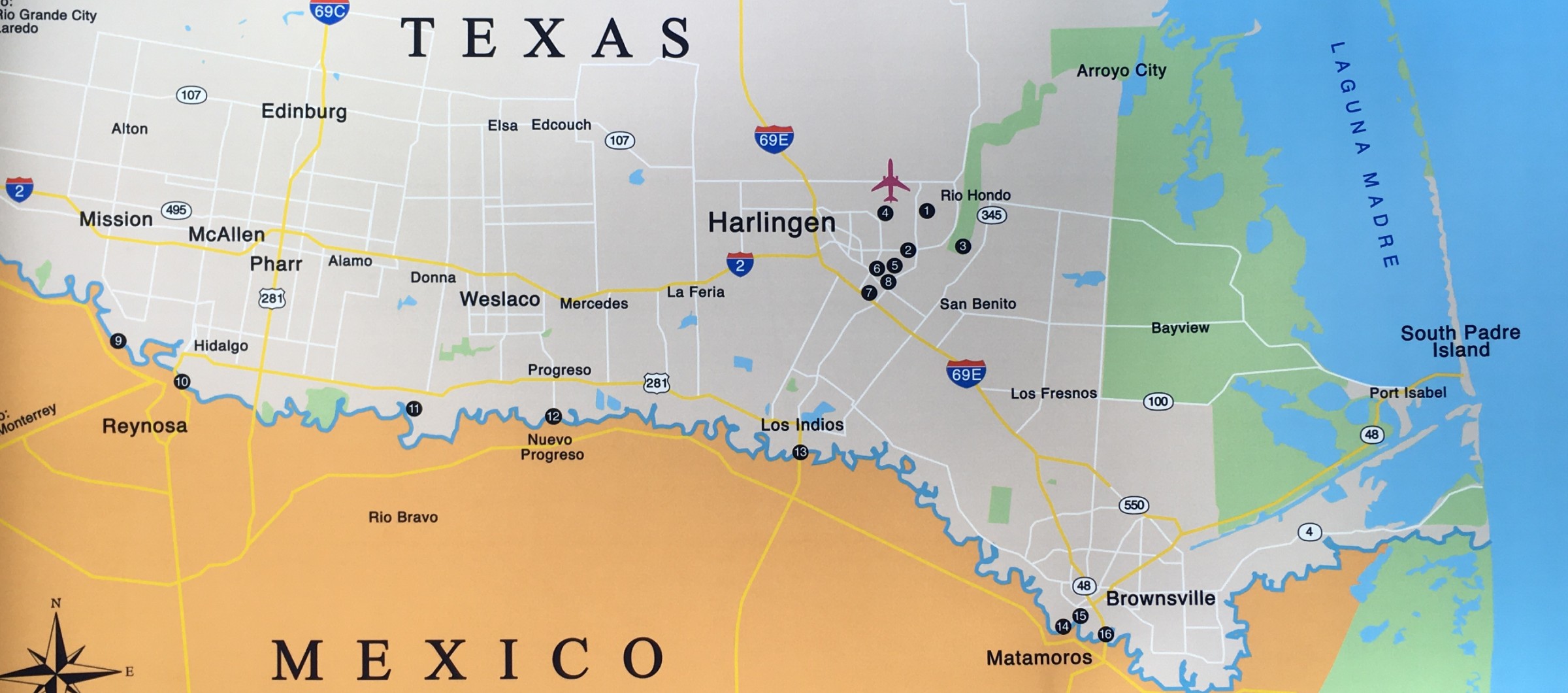
A map of the Rio Grande Valley demonstrating part of the broad stretch of border Texas shares with Mexico.
In order to grow and learn more, I started familiarizing myself more with current injustices going on in our country. When an opportunity arose to work with the American Civil Liberties Union of Texas to document immigration challenges for the Border Humanity Project, I jumped on it. The project aims to end the indiscriminate detention of migrants at the border, and to welcome asylum seekers with dignity and respect. The Border Humanity Project is crucial for spreading awareness about the inhumane conditions and treatment of people seeking safety and refuge in our country.
I worked with the ACLU to meet and interview undocumented people, as well as local immigrants’ rights activists and Texas-based legal and advocacy groups. While I was working to inform people about the injustices happening at the border, the process also exposed me to the toxic immigration issues going on in my home community.
I heard stories of brave people making the treacherous journey to the border to seek asylum. I listened to descriptions of police harassment, family separation, near death experiences, and the inhumane conditions in detention facilities created by the federal government. I was aghast that these stories were going on in my backyard, just a few miles from where I grew up and where my family still lives.
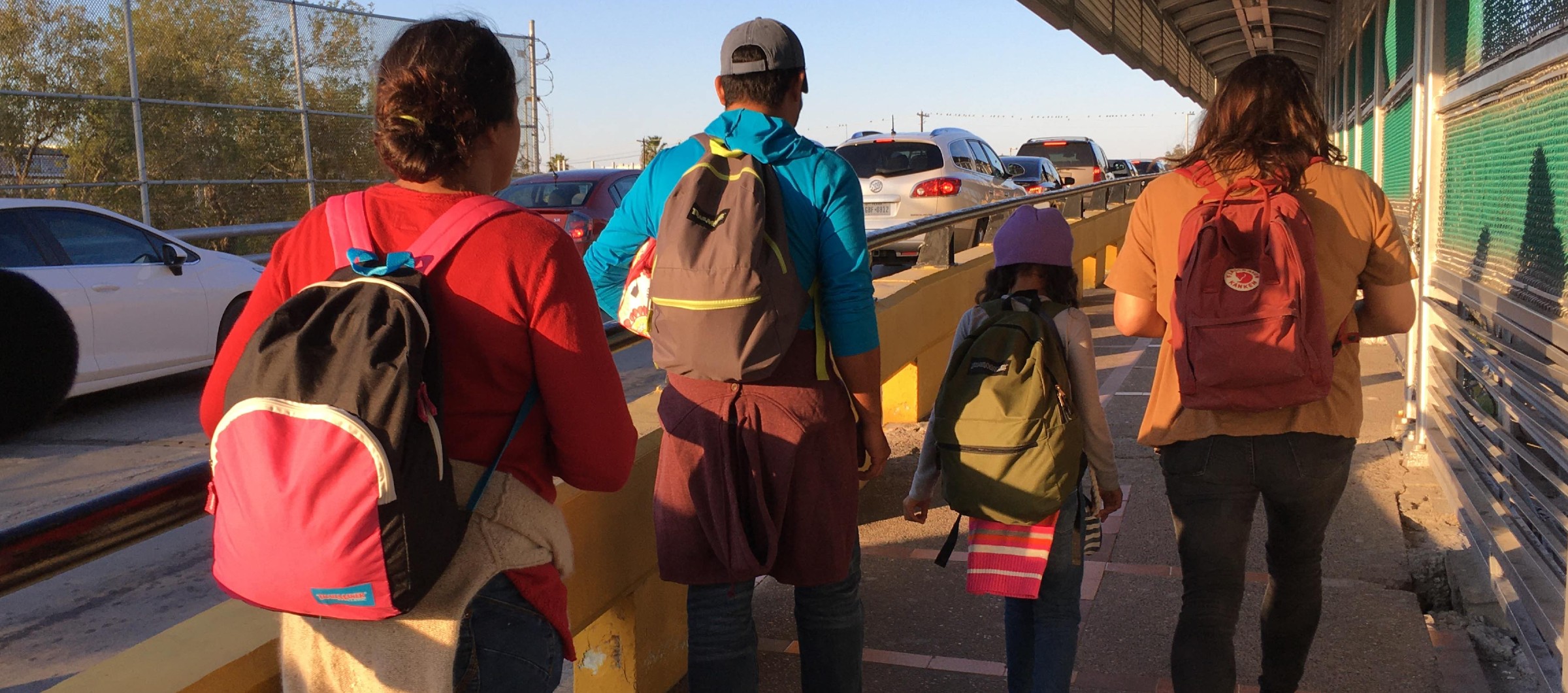
A family seeking asylum crosses the international bridge in Brownsville, Texas accompanied by an advocate.
I reflected on my own identity as an American and Latino — and what it means to have privilege and yet still be marginalized. This internal juxtaposition helped shape my goals for this project. First and foremost, I wanted to spotlight the inhumane and unethical practices going on at the border by the U.S. government. I hope other residents from the Rio Grande Valley with similar backgrounds to my own recognize the privilege they possess and see the prejudice being shown toward immigrants who just happened to not be born on the U.S. side of the Rio Grande.
The hostility against immigrants is ultimately rooted in racist stereotypes, false narratives, and fear mongering. And these prejudices are not limited to people born in other countries. The stereotypes being perpetuated against immigrants affect me, my community, and Latinos all over the country as well. That’s why it’s so important we unite to stop abuses toward people simply looking for a better life and who have the right to seek asylum in our country.
My hope is that anyone who watches these videos from the Border Humanity Project will gain a greater understanding of these injustices. I truly wish everyone will appreciate the dangers at the border for people who often look a lot like me and yet have vastly different rights. We need to press President Biden to fulfill its promise to end the unconstitutional policies created by the Trump administration, rebuild a fair asylum, and restore more humane policies at the border.
Together we can create that change, but first we need to listen to others’ stories and tell our own as well.
